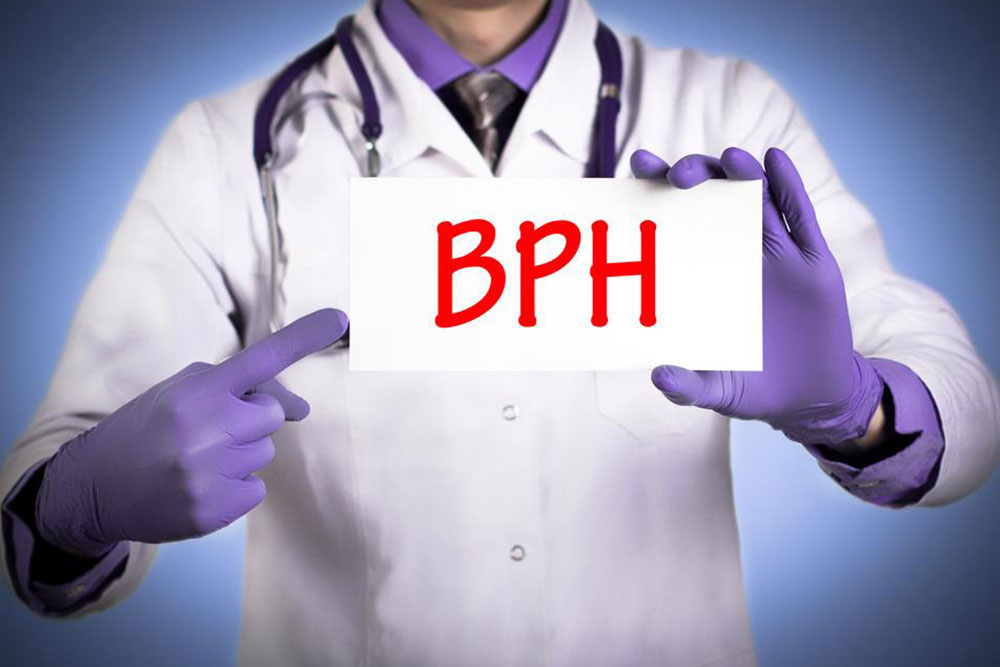Signs and Symptoms of an Enlarged Prostate You Should Know
Learn about the common signs of prostate enlargement, including urinary issues like nocturia, difficulty urinating, and blood in urine. Early detection can prevent serious complications. Consult your doctor if you notice these symptoms to receive appropriate treatment, which may include lifestyle changes, medications, or surgery. Understanding these symptoms ensures timely intervention and better prostate health management.

Signs and Symptoms of an Enlarged Prostate You Should Know
Many men are unaware of the early indicators of prostate enlargement. Recognizing these signs can lead to prompt treatment and better outcomes.
The prostate, about the size of a walnut, is a male gland situated below the bladder and in front of the rectum. It plays a vital role in semen production and sperm transportation during ejaculation. As men age, especially after 40 to 50 years, the prostate can enlarge, potentially blocking the urethra and causing urination difficulties. In some cases, enlargement occurs earlier and can become quite significant, a condition known as benign prostatic hyperplasia (BPH). This can lead to urinary infections and potential kidney or bladder damage.
Noticing certain symptoms is crucial for early diagnosis. These signs include:
Nocturia
This involves waking multiple times at night to urinate, disrupting sleep and signaling possible prostate issues.
Frequent urination
Increased daytime visits to the bathroom, along with frequent nighttime urges, are common early symptoms.
Urination difficulties
Patients may experience discomfort, pain, or hesitation when urinating due to pressure exerted by a swollen prostate on the urethra.
Urine dribbling
Gradual loss of control, resulting in a thin, interrupted stream or dribbling, often indicates prostate enlargement.
Feeling incomplete bladder emptying
Despite frequent trips to the toilet, individuals may feel their bladder isn't fully emptied due to obstruction.
Straining during urination
Excessive abdominal muscle strain to urinate can cause complications such as hemorrhoids or pelvic injuries.
Urinary tract infections
Incomplete bladder emptying raises the risk of infections, which can lead to more severe health issues.
Blood in urine
Hematuria, or blood in urine, is a serious sign indicating infection or incomplete urine expulsion, requiring urgent medical attention.
It's worth noting that other factors like lifestyle, medications, or medical conditions can also cause similar symptoms. Consultation with a healthcare provider is essential if these signs are present, to determine the appropriate treatment—ranging from natural remedies to surgery, depending on severity. Early detection is key to managing prostate health effectively.










